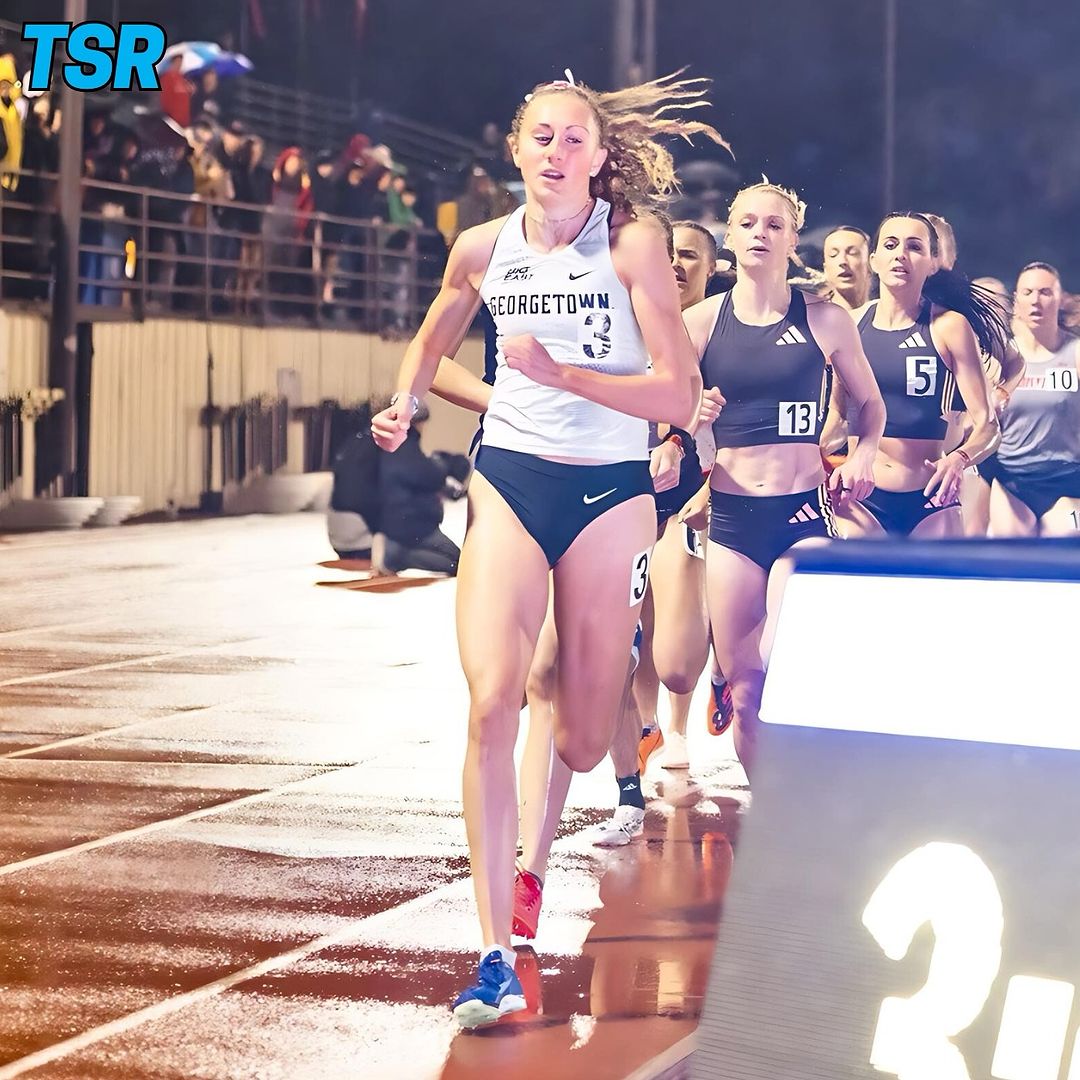One of the greatest aspects of sports is their unpredictability. It has turned cliches like “anything can happen” into expressions like “anything can happen … and often does.” On a regular basis, we see 20-point comebacks, three-goal swings and five-run ninth innings. Being down to a last strike or a final down, needing a buzzer-beater or a stoppage-time shocker to prevail, is a sports fan’s dream. We live for drama. We crave the impossible.
It makes no sense, therefore, when one sees fans leave a game, no matter the sport, before the clock has struck zero. It is, to me, the most nonsensical thing a fan can do — more so than any superstitious ritual, game-day tradition or unwavering belief in the sporting gods.
In a Capital One Cup match between English soccer teams Arsenal and Reading last Wednesday, fans were seen leaving the stands less than 40 minutes in, as the former were already trailing 4-0. There are conflicting reports as to exactly how many of these fans were leaving and how many were simply getting concessions, but I’ve been to enough such events to know that at least some were heading for the exits.
For those few, an early drive home resulted in missing a comeback to 4-4, including goals in the 89thand 90th minutes, followed by an exciting extra-time period that culminated in a 7-5 final, with Arsenal miraculously claiming the win and advancing to the next round.
I wasn’t in Reading for this game, but I know exactly how the visiting fans that stayed felt, as well as what those who left missed.
I was at the Bell Centre in Montreal on Feb. 19, 2008, when the hometown Canadiens completed the biggest comeback in their illustrious 103-year history against the New York Rangers. Down 5-0 early in the second period, many fans, myself included, took out our frustration following a sequence of seemingly undeserved penalties by tossing free banners — distributed before the game — onto the ice.
The game had to be delayed several minutes while the mess was cleaned up. Despite being a top team at the time, there was a sense of immense aggravation. We had paid good money to be here, and we didn’t deserve to be repaid with this type of embarrassment. Never once, however, did I consider leaving the arena. But many did.
By the time Montreal scored its first goal late in the period, there were enough empty seats that the message was clear: Spectators felt that a team that had been this pitiful through 30 minutes of game time didn’t stand a chance.
Turning on their radios and televisions upon arriving home in the hours that followed, these viewers would have surely expected to see that the Habs had lost — maybe 5-0, maybe 7-2, maybe even 10-4. Instead, they heard about a 6-5 shootout victory and a once-in-a-lifetime — or, in this case, once-in-a-century — experience that they had missed.
There is a certain euphoria that sports can provoke that is unlike anything else, a sense of intoxication without intoxicants. I wouldn’t have traded that night for a hundred years of reduced post-game traffic or a thousand more hours of sleep. I’m sure this is how those Arsenal fans that stayed last week feel now.
After all, if you knew what was going to happen beforehand, would it even be worth going? Would you shell out hundreds of dollars if there were a guaranteed outcome, even if that outcome was favorable? If unpredictability is what reigns, then leaving a sporting event early shows ignorance about the power of possibility present at any moment.
The minute you miss could feature that 70-yard field goal, 500-foot home run or greatest goal of all time. If it’s the final minute, it could contain the apex of a bright spot in a franchise’s recent history or an exploit that hadn’t been seen in a century of records.
You just never know, and that is why a sports fan owes it to himself to stay the 90 minutes, the three periods, the nine innings or the four quarters: Anything can happen and it’s special when it does.
Arik Parnass is a sophomore in the College. CANDID CANADIAN appears every Tuesday.














